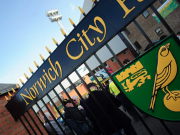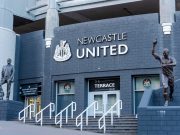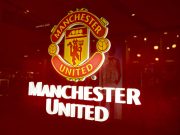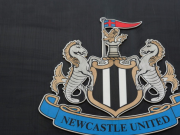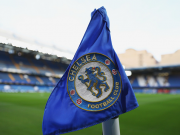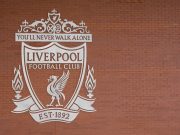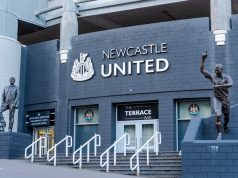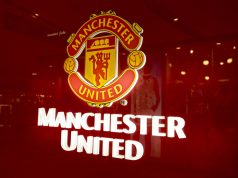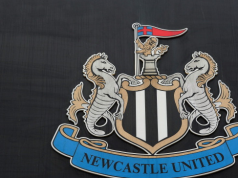Ruben Amorim’s short stay at Sporting Club de Portugal before joining Manchester United could be a way for the Portuguese club to punish him publically.
That’s according to journalist Bruno Andrade, via Mais Futebol, who cannot understand why Sporting have demanded they keep the Portuguese coach until the next international break.
Manchester United are closing in on Amorim after pushing for him over the last 48 hours following their decision to sack Erik ten Hag this week.
Initial reports had them wanting Amorim in charge for Sunday’s clash with Chelsea and pushing to get him before that point.
However, it has since emerged that Sporting have blocked this from happening, with reports in Portugal last night making it clear that Sporting president Frederico Varandas had instead demanded that Amorim remain in charge until the next international break.
He wants Amorim to be in place for clashes against Estrela Amadora, Manchester City and then Braga before then heading to Manchester United.
The Premier League side have seemingly acquiesced to this demand and Ruud van Nistelrooy’s 5-2 win in his first game as interim head coach will certainly have relayed any fears.
Andrade can’t understand why Sporting would want to keep Amorim short-term, though, unless they wish to perhaps punish him publically.
“Ruben Amorim wants to leave. There are uncomfortable players. There is no climate for continuing work. A job that could – and should – be taken on now by João Pereira,” he said.
“Turn the page soon. Accelerate the process of assimilation of the squad and, consequently, of rapport with the new technical committee. There will be ten fewer days of work for the new technician.
“João Pereira has been prepared for months to replace Ruben Amorim. I believe, then, that he did his homework and studied his new charges well.
“If the structure is so convinced of it, why not implement it as soon as possible? It ends up sending a message of some distrust in betting on the successor, who, regardless of the context, would already come under pressure.
“(Now there is) unnecessary exposure of the image of the greatest coach in Sporting’s history, who, from now on, has nothing left to gain. Zero. It’s practically a kind of public punishment. In the streets. In stadiums. In the six (!) collectives. Who knows, even in history books.”






